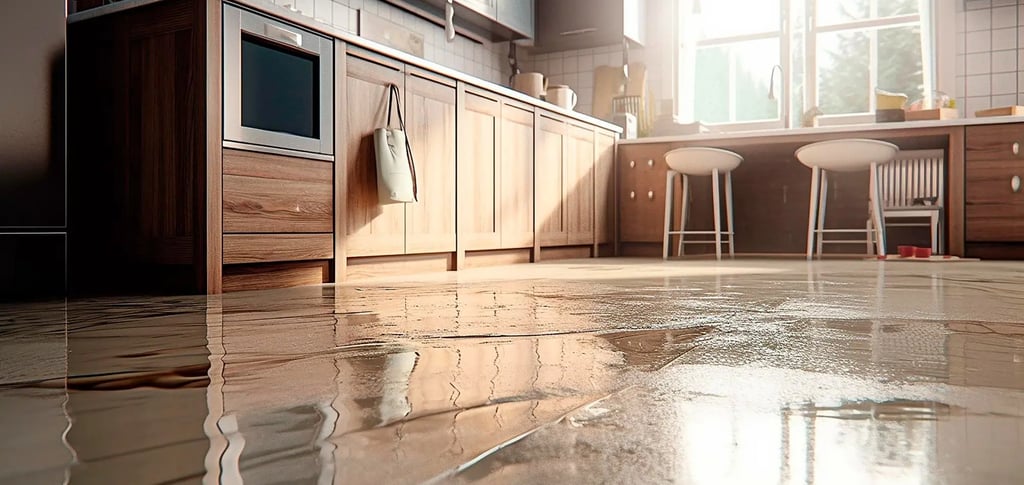Case Study: How Expert Insurance Claim Assistance Turned a Denied Claim Into a Full Payout
Denied insurance claim due to gradual water damage? Discover how an independent assessment helped one Auckland homeowner reverse a declined claim and secure full covern.
CASE STUDIES


When your insurance claim is denied, it’s easy to feel stuck. That’s exactly where one Auckland homeowner found themselves frustrated, confused, and unsure how to move forward after their insurer rejected a claim related to internal water damage.
But with the right support, the outcome changed dramatically.
This case study shows how a second opinion, technical insight, and clear documentation helped reverse a declined decision and unlock full cover without going to court.
The Situation: Internal Leak, Denied Claim
The homeowner lodged a claim after discovering swelling and staining on lower wall linings and skirtings. Their insurer responded quickly but declined the claim, citing “gradual damage” and lack of visible entry points as grounds for exclusion under the policy.
The homeowner suspected more was going on, but didn’t have the technical knowledge to challenge the insurer’s assessment. That’s when they reached out for independent insurance claim assistance.
Our Assessment
We conducted an onsite investigation and reviewed the original scope and loss notes provided by the insurer. Our findings included:
Evidence of a concealed leak behind cabinetry
High moisture readings consistent with recent water ingress
Material breakdown inconsistent with years-long deterioration
Inadequate scope photos and no invasive inspection in the original insurer assessment
When it comes to "hidden gradual damage"& "gradual damage” exclusions, insurers face a high burden of proof and the Ombudsman has weighed in. Most policies don’t define what “gradual” actually means in terms of timeframes. That leaves the term open to interpretation.
In numerous decisions, the Insurance & Financial Services Ombudsman (IFSO) has clarified that insurers must provide clear evidence that damage occurred over an extended period not just assume it.
Without explicit policy definitions, the interpretation defaults back to basic contract law and dictionary meanings, where “gradual” simply means “taking place slowly.”
Unless the evidence proves the damage unfolded over a long, observable timeframe, insurers can’t rely on the gradual damage exclusion to deny claims.
Takeaway: Vague policy language can’t override fair interpretation. If your claim was denied due to “gradual damage,” you may have strong grounds to challenge it.
We compiled a report that included moisture readings, annotated photos, damage progression analysis, and commentary against relevant policy wording.
Outcome: Full Acceptance & Approved Repairs
Our report was submitted directly to the insurer alongside a request for reassessment. Within 10 working days, the claim was fully accepted including:
Strip-out and drying
Replacement of skirtings and linings
Cabinetry repair
Painting and finishing
The homeowner avoided a costly repair bill, and the insurer benefited from a faster resolution with minimal conflict.
Why This Matters
This case shows the impact of clear, independent assessment in an insurance claim. We weren’t aggressive. We weren’t acting against the insurer.
We simply provided the technical facts that allowed the claim to be assessed properly.
For homeowners, brokers, and even insurers under pressure, independent insurance claim assistance brings objectivity, clarity, and support when it matters most.
🔗 Need help with a similar claim?
If you’ve had a claim denied — or you’re unsure whether your insurer’s scope is accurate — we can help.
Contact us for an independent assessment or learn more about our process.


